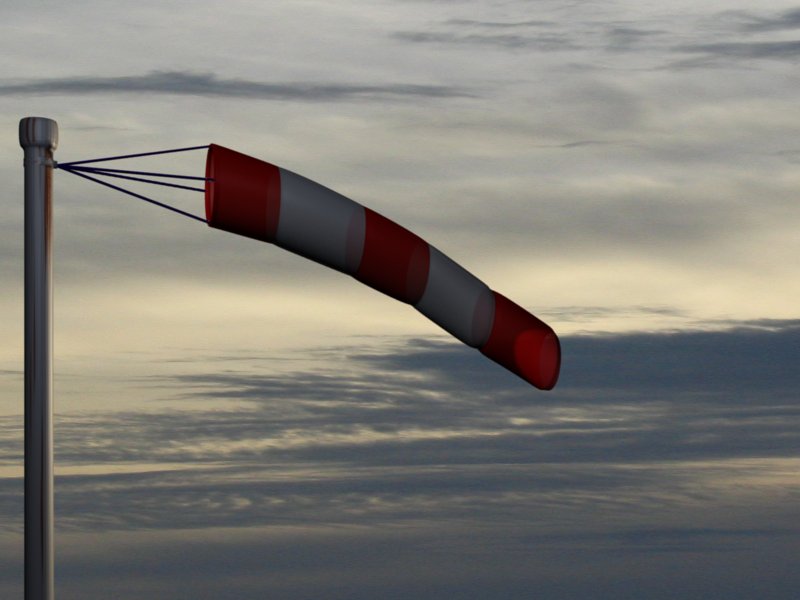Introduction – Вступ
Soft body simulation is used for simulating soft deformable objects. It was designed primarily for adding secondary motion to animation, like jiggle for body parts of a moving character.
Вона також працює для симулювання більш загальних м’яких об’єктів, що гнуться, деформуються та реагують на сили, як гравітація та вітер, або зіштовхуються з іншими об’єктами.
Хоча вона може симулювати тканину та інші тугі типи деформовних об’єктів до певної міри, симуляція тканини – Cloth Simulation може робити це краще за допомогою рішальника, спеціально призначеного для цієї мети.
The simulation works by combining existing animation on the object with forces acting on it. There are exterior forces like gravity or force fields and interior forces that hold the vertices together. This way you can simulate the shapes that an object would take on in reality if it had volume, was filled with something, and was acted on by real forces.
Soft bodies can interact with other objects through Collision. They can interact with themselves through Self-Collision.
The result of the soft body simulation can be converted to a static object. You can also bake edit the simulation, i.e. edit intermediate results and run the simulation from there.
Типові Сценарії для використання М’яких Тіл – Typical Scenarios for using Soft Bodies

Конус вітровказівника є м’яким тілом, як підвіска.
М’які тіла добре підходять для:
Похитування на рухомих персонажах.
Еластичні та деформовні об’єкти, зроблені з матеріалів, як гума або желатин.
Гілки дерев, що рухаються на вітрі, мотузки, що розмахуються, тощо.
Стяги, широкі рукави, подушки або інша проста тканина, що реагують на сили.
Наступні відео можуть вам дати трохи більше уявлення:
Створення М’якого Тіла – Creating a Soft Body
Симуляція м’якого тіла працює для усіх об’єктів, що мають вершини або керувальні точки (сіті, криві, поверхні та решітки).
To add a soft body simulation to an object, go to the Physics tab (bouncing ball icon) in the Properties and activate the Soft Body button. For a reference of all the settings see this page.
Ви починаєте симуляцію м’якого тіла шляхом програвання анімації за допомогою Alt-A та зупиняєте цю симуляцію за допомогою Esc або Alt-A.
Взаємодія у Реальному Часі – Interaction in Real-Time
To work with a soft body simulation, you will find it handy to use the Timeline editor. You can change between frames and the simulation will always be shown in the actual state. You can interact in real-time with the simulation, e.g. by moving collision objects or shaking a soft body object.
You can then select the soft body object while running the simulation and Apply the modifier in the Modifiers tab of the Properties. This makes the deformation permanent.
Tips – Поради
Soft bodies work especially well if the objects have an even vertex distribution. You need enough vertices for good collisions. You change the deformation (the stiffness) if you add more vertices in a certain region.
The calculation of collisions may take a long time. If something is not visible, why calculate it?
Для прискорення розрахунку зіткнення часто корисно стикати м’яке тіло з додатковим, простим, невидимим, дещо більшим об’єктом.
Use soft bodies only where it makes sense. If you try to cover a body mesh with a tight piece of cloth and animate solely with soft body, you will have no success. Self-collision of soft body hair may be activated, but that is a path that you have to wander alone. We will deal with Collisions in detail later.
Try and use a Lattice or a Curve Guide soft body instead of the object itself. This may be magnitudes faster.